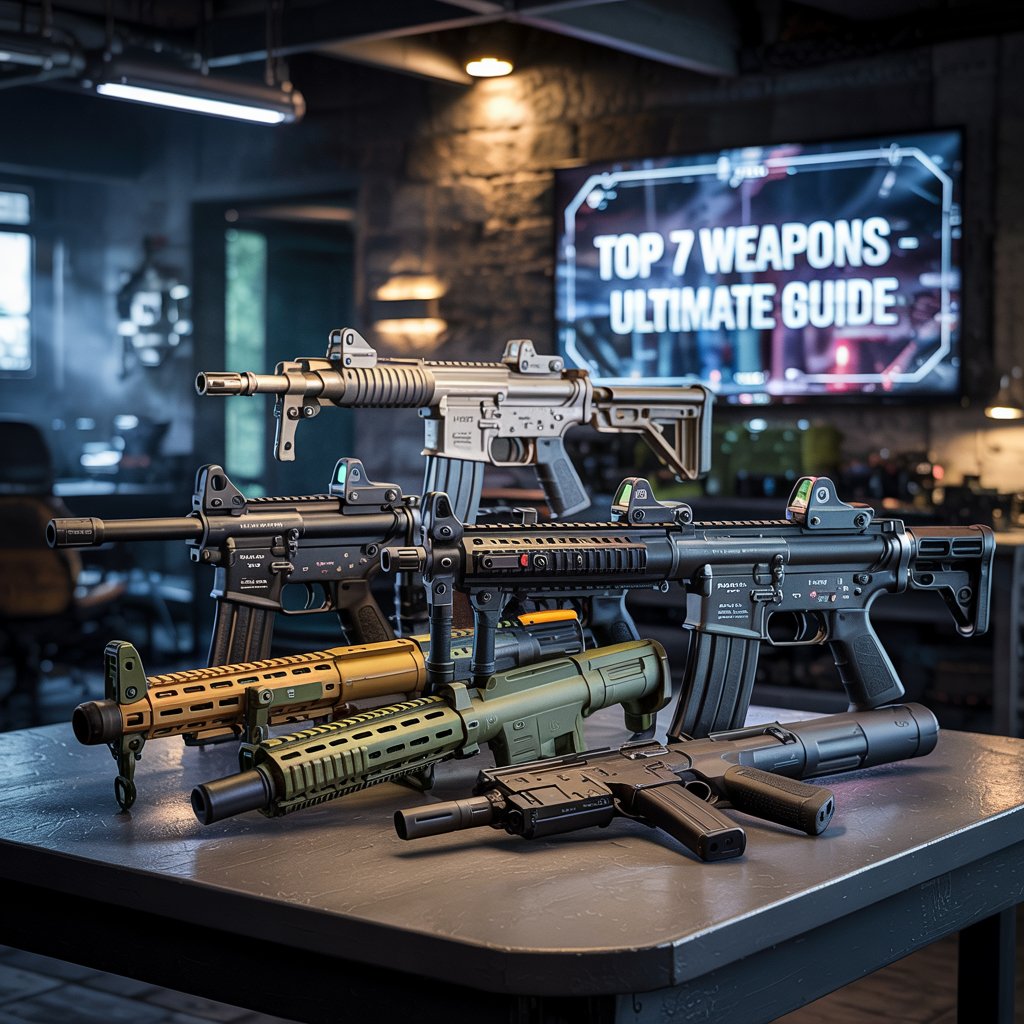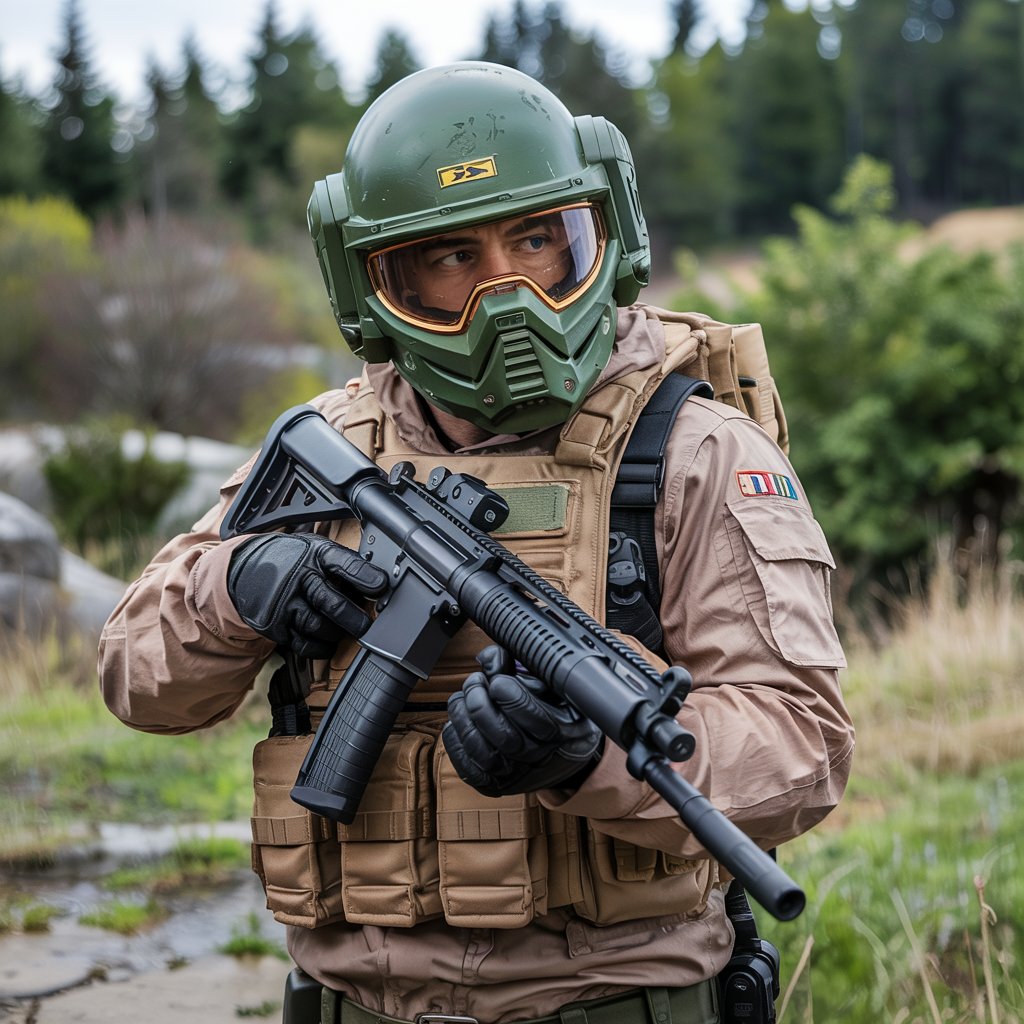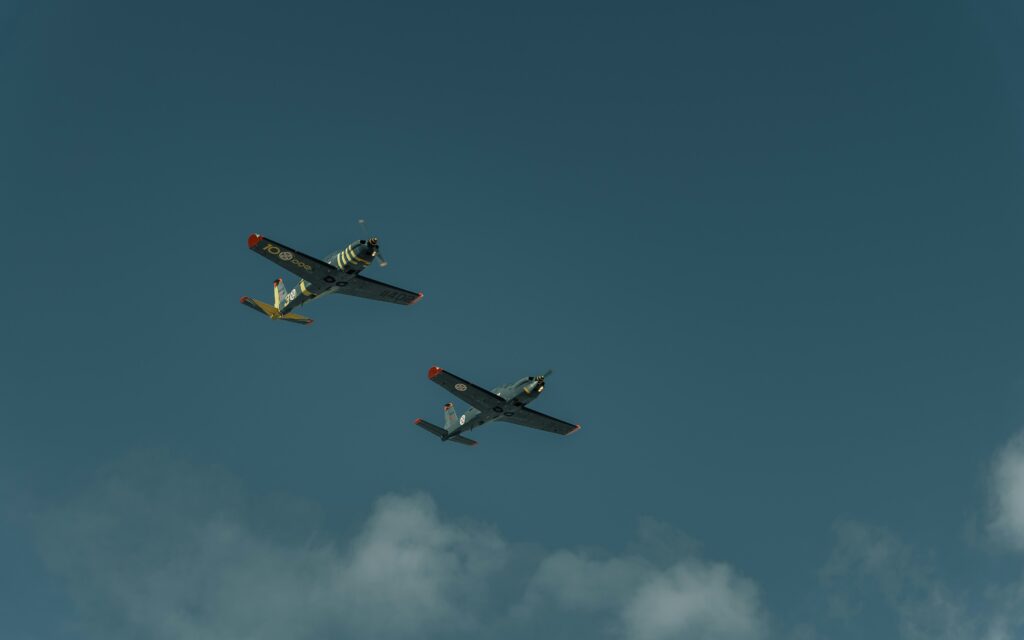Introduction
Role management in operations is critical in premier military units like Delta Force, SEAL Team 6, and other Tier 1 Special Operations Forces (SOF). These teams rely on precise coordination, adaptability, and flawless execution in high-stakes operations. Be it a hostage rescue, counter-terror raid, or reconnaissance operation, effective role management can be the determinant of success and failure.
In this article, we’ll explore 10 actionable tips for optimizing operational role management, drawing from real-world military strategies, leadership principles, and lessons learned from elite operators. We’ll also include personal anecdotes from veterans and answer frequently asked questions (FAQs) to provide deeper insights.
1. Clearly Define Roles and Responsibilities
Why It Matters
In a Delta Force assault team, every operator has a specific role—point man, breacher, sniper, medic, or team leader. Ambiguity in responsibilities can translate to hesitation, mistakes, or mission failure.
How to Apply
Use SOPs (Standard Operating Procedures) – Document each role’s responsibility.
Have pre-mission briefings – Ensure everyone knows their duty.
Assign backups – In the event one member is out, another must step in.
Real-Life Application:
One of the veterans of the older Delta operators recounted how, on a mission in Iraq, their breacher became injured. Because all the different roles were set, the fill-in breacher came in immediately, and the operation was continued without delay.
2. Train for Role Flexibility (Cross-Training)
Why It Matters
Elite units cross-train their men so that they are ready to perform more than one function if need be. A sniper has to be a medic; a communications specialist has to perform close combat.
How to Put into Practice
Alternate roles in training – Train everyone for multiple positions.
Hold stress drills – Simulate casualties to force flexibility.
Veteran Insight
“In Selection, they’d deliberately pull out key guys in the middle of an exercise to see if the unit could adjust. It wasn’t a question of individual ability—just a question of whether the unit could rebalance roles on the fly.”
3. Optimize Communication Protocols
Why It Matters
In high-intensity operations, clear, concise communication prevents fatal errors. Delta Force uses hand signals, encrypted radios, and pre-established code words to prevent detection and optimize effectiveness.
How to Apply
Utilize standardized brevity codes (e.g., “Alpha Secure” for objective secured).
Reduce radio chatter – Only essential comms to prevent confusion.
Debrief after every mission – Identify communication breakdowns.
4. Have a Strong Chain of Command
Why It Matters
Even in small units, a well-defined chain of command ensures quick decision-making. Delta Force operators respect the authority of the team leader but are also trained to exercise initiative when necessary.
How to Implement
Define succession leadership – Who is in charge if the leader is incapacitated?
Encourage decentralization of command – Junior operators need to be able to act with authority within their own position.
War Story:
In a night raid in Afghanistan, the team leader was momentarily stunned by an explosion. The senior NCO immediately took command, and the team completed the mission without hesitation.
5. Leverage Technology to Enhance Role Efficiency
Why It Matters
Delta Force uses cutting-edge technology—drones, real-time satellite imagery, and high-tech optics—to improve situational awareness.
How to Implement
Equip teams with real-time tracking (e.g., Blue Force Tracker).
Use night vision and thermal imaging for low-visibility operations.
6. Conduct After-Action Reviews (AARs)
Why It Matters
Delta Force performs AARs following every mission to analyze performance, mistakes, and areas of improvement.
How to Put into Action
Be brutally honest – No egos, just lessons.
Write down key takeaways – Make training adjustments accordingly.
7. Remain Physically & Mentally Prepared
Why It Matters
Errors are committed when fatigued. Delta operators work relentlessly to stay at optimum levels of performance.
How to Put into Action

Practice sleep discipline – Even in the field.
Train under duress – Practice sleep deprivation.
8. Build Trust Through Team Solidarity
Why It Matters

Operators must be able to trust other operators with their lives. Team solidarity is forged through shared adversity.
How to Put into Action
Train together regularly – Develop muscle memory.
Build off-duty camaraderie – Close bonds build battlefield trust.
9. Adapt Under Dynamic Battlefield Conditions
Why It Matters
No plan remains valid to first contact. Flexibility and adaptable thinking are what Delta Force instructs.
How to Implement
Run contingency drills – “What if” scenarios.
Demand innovative problem-solving – Sometimes SOPs have to be broken.
10. Constant Improvement Through Feedback Loops
Why It Matters
Delta Force improves through learning from every operation.
How to Implement
Take suggestions from junior operators – New perspective is crucial.
Tweak tactics based on real-world data – Stay one step ahead of foes.
FAQs on Operational Role Management

Q1: How does Delta Force assign roles to new operators?
A: New operators are thoroughly tested to determine strengths (e.g., shooting, breaching, medical skills). Roles are assigned based on aptitude and team needs.
Q2: What happens if a key team member is injured during the mission?
A: They prepare for casualty scenarios—secondary positions are pre-assigned, and cross-training facilitates smooth shifting.
Q3: How do special forces maintain role certainty during chaos?
A: With repetitive drills, unequivocal SOPs, and continued communication. Hesitation reduces through muscle memory and dependence on team members.
Q4: Do operators turn into permanent stand-ins?
A: Absolutely, based on performance, training, and a mission’s requirements. A handful of snipers take turns filling roles as assault or vice versa.
Q5: How big is technology’s role in modern-day role management?
A: Extremely. Real-time feeds, drones, and encrypted communications allow dynamic field role reconfiguring.
Conclusion

Effective operational role management is the key to the best fighting units. By clearly defining roles, cross-training, maintaining open lines of communication, and promoting flexibility, units like Delta Force carry out missions effectively. These principles can be applied in combat, business, or any high-performing unit.